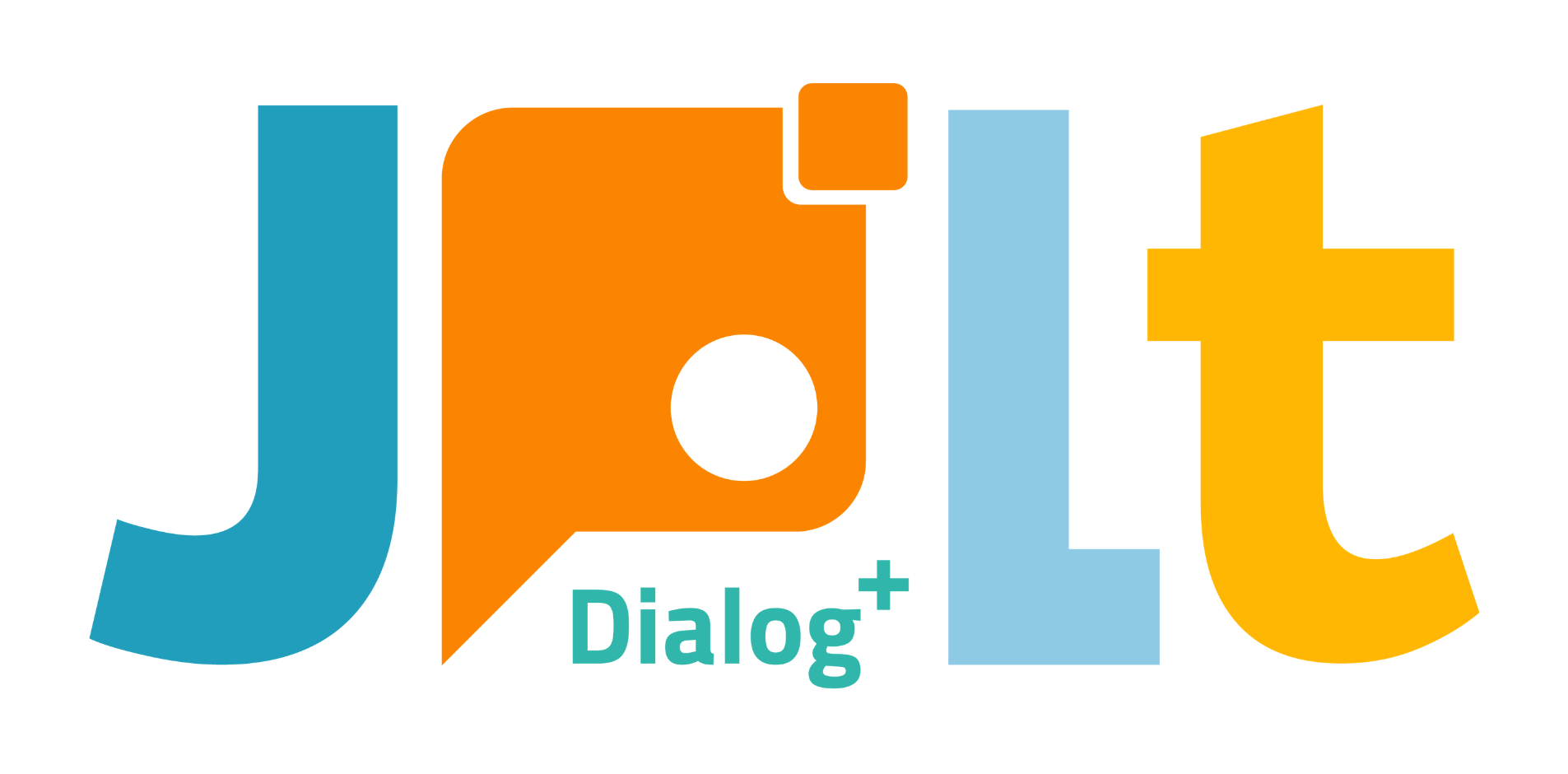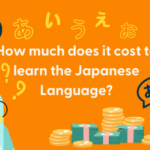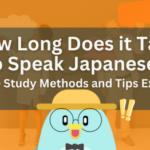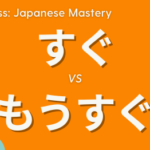The Difference Between “大人向け” (otonamuke) and “大人向き” (otonamuki)
“Should I use ‘大人向け’ or ‘大人向き’? Aren’t they the same in meaning?”
“Is ‘子供向けのゲームも大人向きなものがある’ natural Japanese?”
“Is ‘この映画は大人向けですが、内容は面白いので子どもでも楽しめます’ correct Japanese?”
The expressions “大人向け” (otonamuke) and “大人向き” (otonamuki) might look similar, but they have clear distinctions. These subtle differences can be challenging for Japanese learners, especially at the beginner level.
In this article, Eri, a staff member at JPLT Online Japanese Language School, breaks down these terms with easy-to-understand examples.
Why Are “大人向け” (otonamuke) and “大人向き” (otonamuki) Often Confused?
There are a few reasons why these terms are often mixed up:
- Similar Meanings: Both include the word “大人” (otona, meaning “adult”), which can make them seem interchangeable.
- Context-Dependent Usage: It’s not always clear which term fits a specific situation.
- Spoken vs. Written Language: One term may feel more natural than the other depending on the medium.
The Difference Between “大人向け” (otonamuke) and “大人向き” (otonamuki)
大人向け (otonamuke)
- Meaning: Indicates the target audience. It means “designed for adults.”
- Example:
- 大人向けの漫画 (otonamuke no manga): A manga designed with content and themes suitable for adults.
大人向き (otonamuki)
- Meaning: Indicates suitability. It means “suitable for adults.”
- Example:
- このワインは大人向き (kono wain wa otonamuki): This wine suits adult tastes.
Let’s Compare Using Examples!
| Word | Example | Nuance |
|---|---|---|
| 大人向け | 大人向けの映画を観に行こう。 (otonamuke no eiga o mi ni ikou) | A movie intended for adults. |
| 大人向き | この本は、内容が深くて大人向きだと思う。 (kono hon wa, naiyou ga fukakute otonamuki da to omou) | A book with content suitable for adults. |
A Deeper Look
- 向け (muke): Focuses on the target audience. It suggests that something was created specifically for a particular group.
- 向き (muki): Focuses on suitability. It implies that something is appropriate or fitting for a particular group.
Summary
The Difference Between “大人向け” and “大人向き”
Both terms share the word “大人” (otona), but their meanings differ slightly:
- 大人向け (otonamuke): Intended or designed for adults.
- 大人向き (otonamuki): Suitable or appropriate for adults.
By understanding these nuances, you’ll be able to express yourself more naturally in Japanese!
Make Your Japanese Learning Enjoyable and Effective!
If you’re ready to dive deeper into Japanese expressions like “大人向け” and “大人向き”, JPLT Online Japanese School offers personalized learning experiences. With one-on-one or group lessons taught by native instructors, you can master the language at your own pace.
At JPLT, even complex grammar points are broken down into easy-to-follow lessons, ensuring your success in mastering the language!




